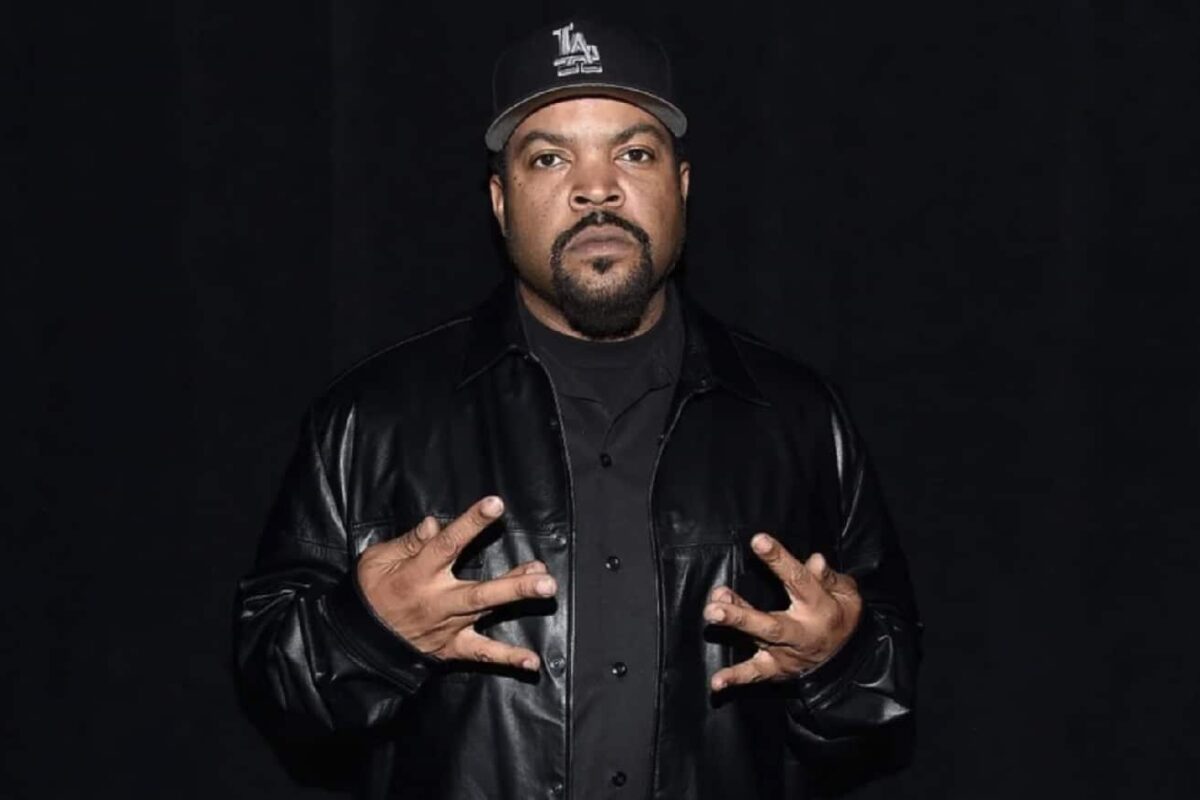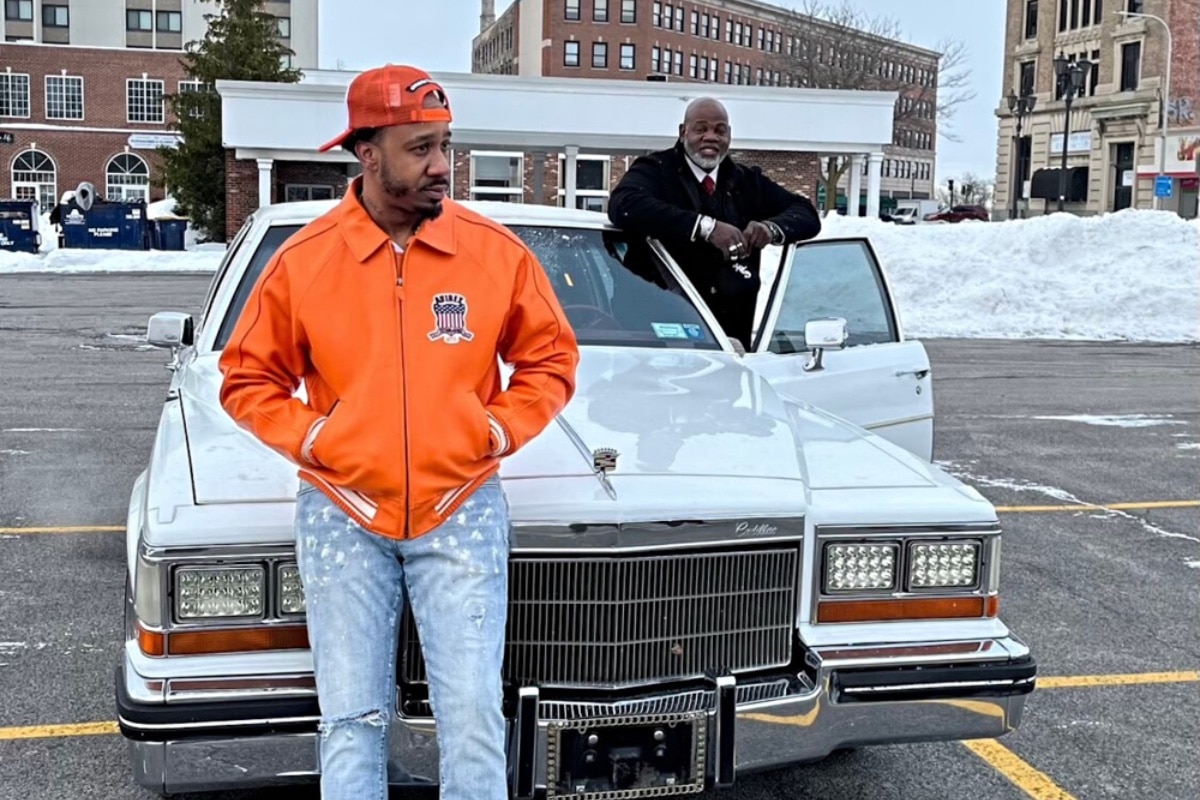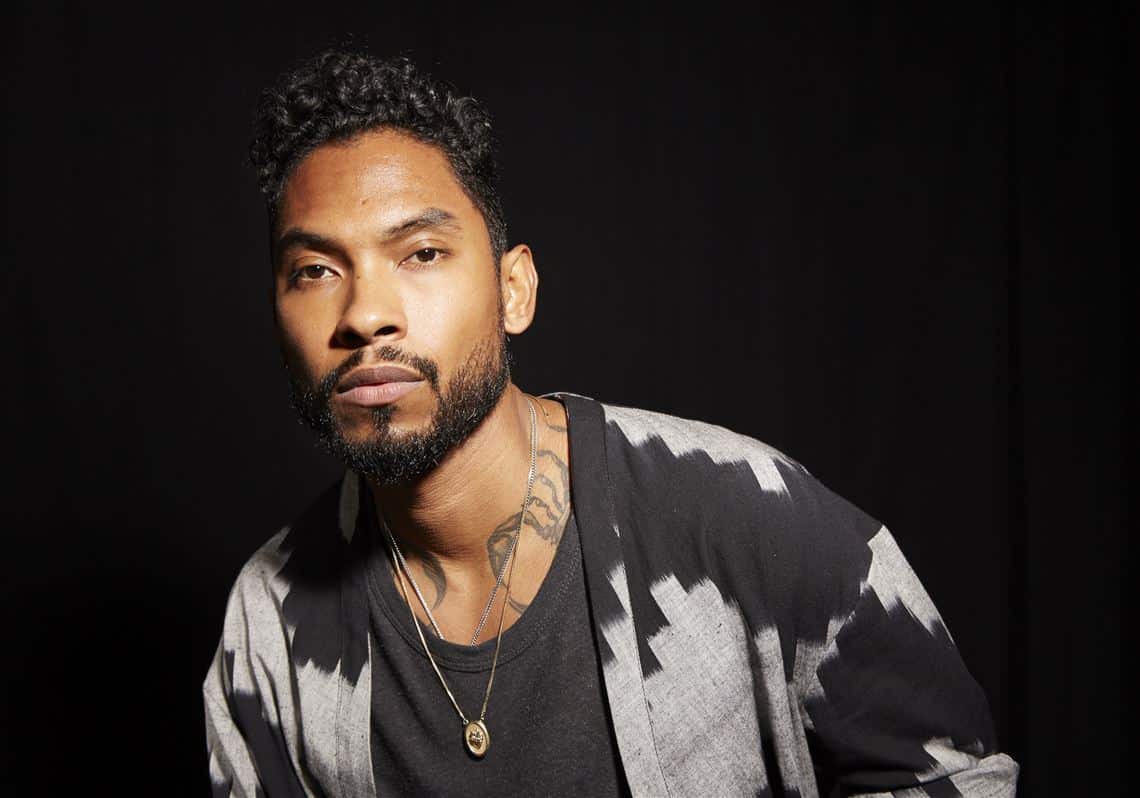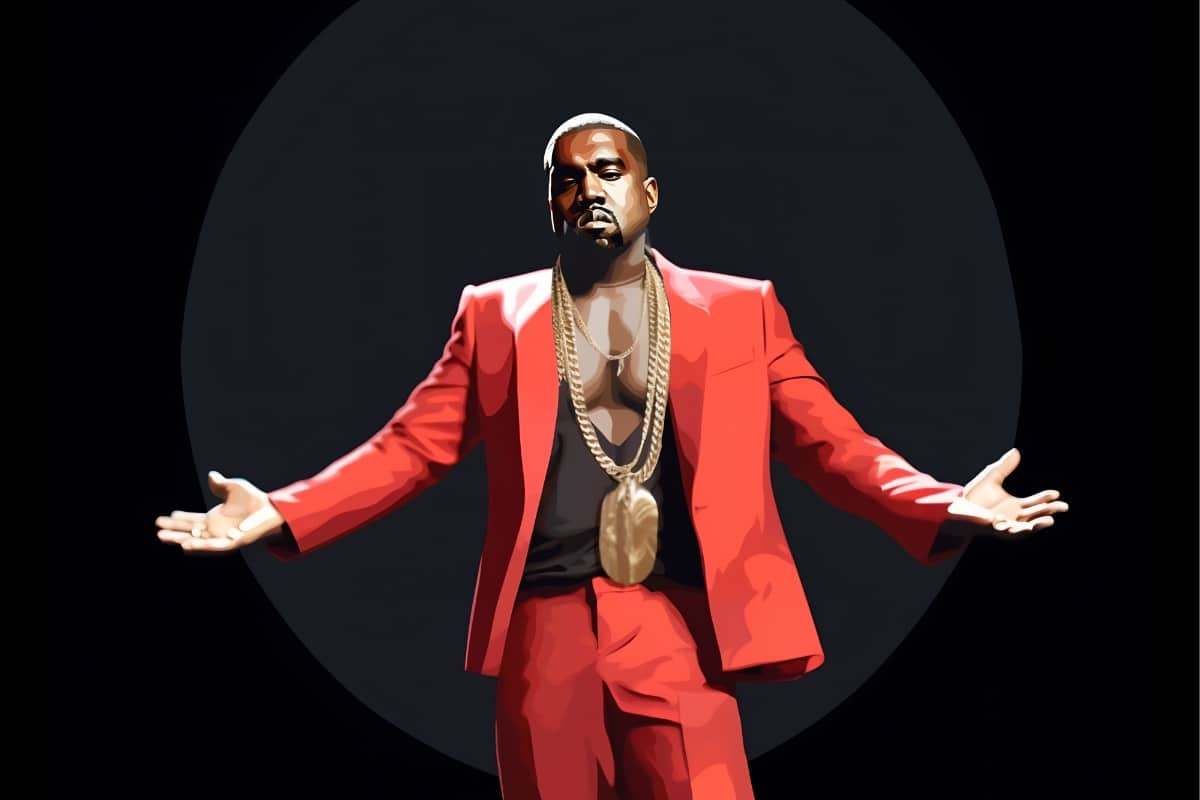Riding the crest of the hip-hop revolution with the bravado of a street poet, Ice Cube has etched his name into the annals of music and film with the sharpness of a graffiti artist on the walls of pop culture. From the raw, uncensored verses of N.W.A’s Straight Outta Compton to the bold, political statements of his solo albums like AmeriKKKa’s Most Wanted and Death Certificate, Cube didn’t just ride the wave—he was the wave, reshaping the landscape of West Coast rap and giving voice to the voiceless.
Before he was the icon draped in the laurels of gangsta rap’s godfather, Cube was O’Shea Jackson, a kid from South Central Los Angeles who wielded his pen like a sword. High school typewriting classes were his battleground, and rap battles were his duels. The name Ice Cube, a moniker born from sibling rivalry, would soon become synonymous with rap’s burgeoning resistance against societal injustices. With C.I.A., his first rap group, Cube began honing his craft, but it wasn’t until N.W.A that his voice found its full volume. As the group’s lead rapper and chief lyricist, he was the architect behind the explosive narratives that would define a genre and a generation.
Cube’s departure from N.W.A in 1989 over financial disputes marked the beginning of his solo odyssey, where his artistry and activism would converge. Albums like The Predator mirrored the tumultuous social landscape of early ’90s Los Angeles, capturing the rage and resilience of a community on the brink. Yet, as his music career soared, Cube’s creativity began to spill over into cinema, marking the start of an illustrious film career that would see him starring in and producing box office hits like Friday and Barbershop.
Despite the shift to the silver screen, Cube never strayed far from the mic, his albums continuing to drop truths as heavy as the beats they rode on. His pivot back to music with albums like Laugh Now, Cry Later and Raw Footage showed an artist who could evolve without losing the edge that defined him. Collaborations across genres and generations—from Korn to Snoop Dogg—underscored his versatility and influence.
Ice Cube’s journey is a testament to the power of voice. From the streets of South Central to the Rock and Roll Hall of Fame, his legacy is not just in the tracks he laid down or the characters he brought to life on screen, but in the barriers he broke and the conversations he ignited. As he prepares to take Canada by storm with his Straight Into Canada tour, Cube remains a force, a fixture in the tapestry of American music and culture, forever challenging, forever relevant.
His career, dotted with both acclaim and controversy, reflects the complexities of the man himself—a rapper, actor, and activist who could throw a punchline or a critique with equal precision. Through the highs and the lows, Cube has remained unwaveringly true to his art, his community, and his message. In a world still grappling with the themes he first rapped about over three decades ago, Ice Cube’s voice is as vital as ever, a reminder of the power of art to challenge, to change, and to call out the world for what it could be, rather than what it is.
Would you like to learn more? Dive deeper into the depths of Ice Cube in our featured articles below.








